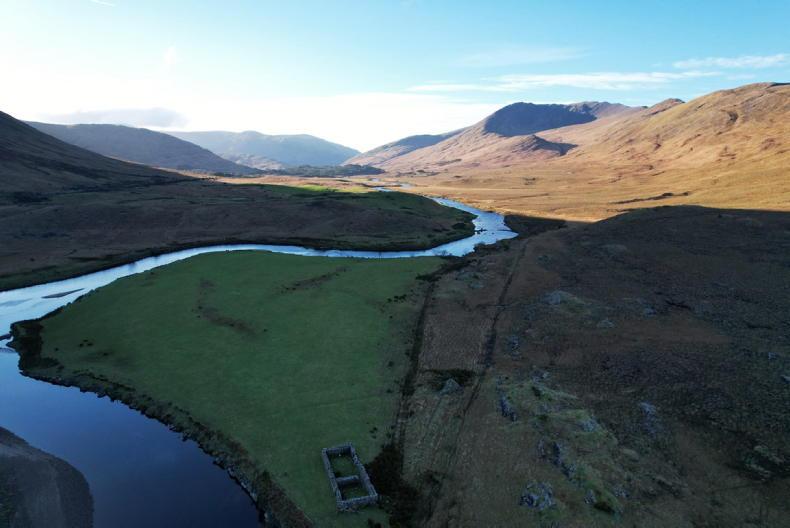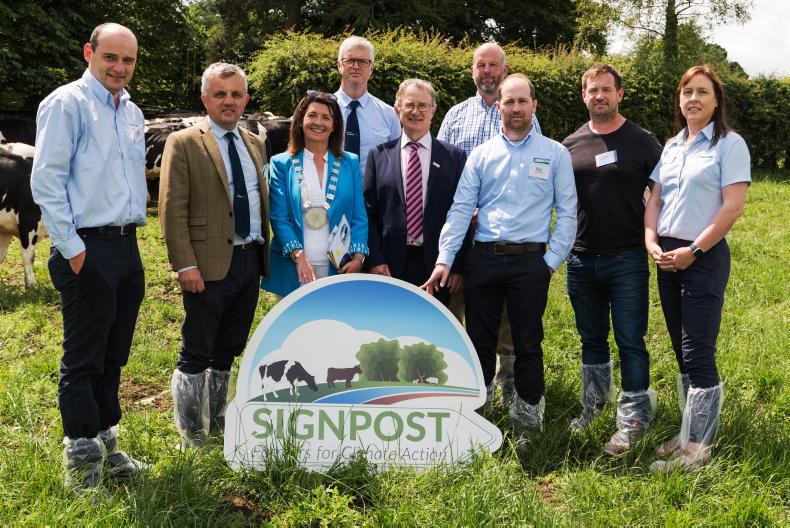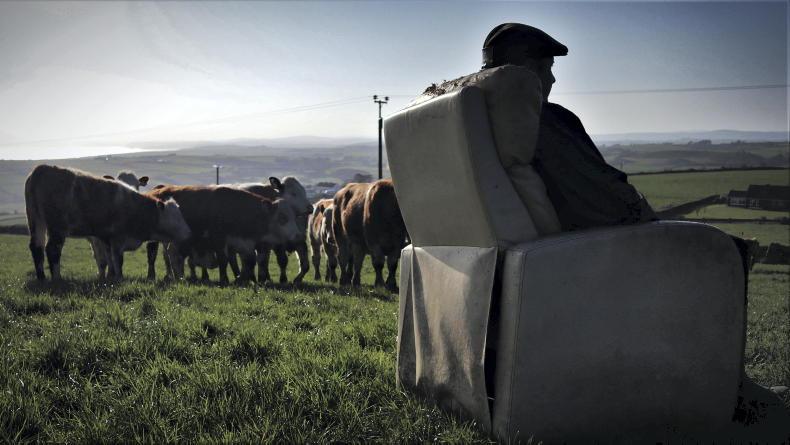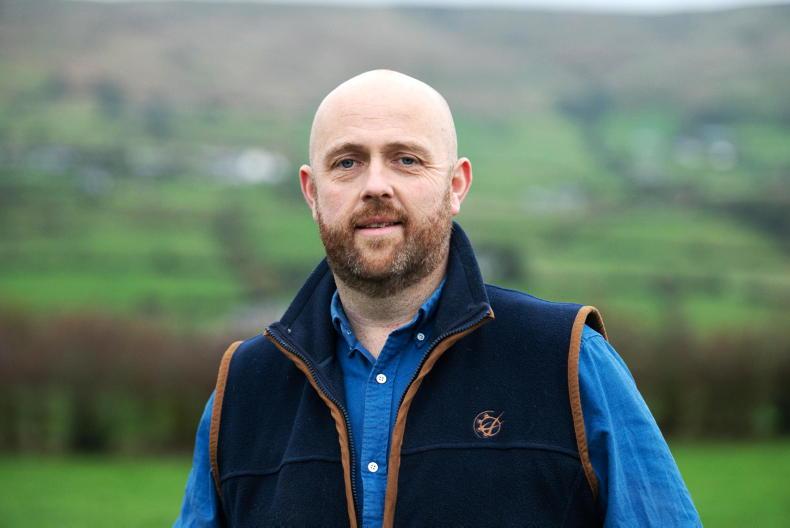Taoiseach Micheál Martin has publicly acknowledged that the carbon sink farming provides is not being accounted for at present.
Addressing the launch of Teagasc’s Signpost Programme, he said: “Farming is uniquely placed to be part of the solution to the climate crisis as both an emissions source and sink. Farmers must be supported to continue to protect the carbon stored in our soils while also doing more to both reduce emissions and store even more carbon.
“The agricultural sector is Ireland’s most important industry. It plays, and will continue to play, a vital role in Ireland’s economy and our rural communities.
“It also has a crucial role to play in meeting the challenge of climate change by creating resilient farms for generations to come.”
[...] what’s important is the sector’s contribution to global warming and that’s much lower
The Signpost Programme will allow for carbon sequestration in soils and hedgerows to be examined. I know this is a critical issue for Irish farmers,” noted the Taoiseach, falling short of a commitment to finding a way to resolve the accounting anomaly.
At the same event, Teagasc director Prof Gerry Boyle stated that there are misunderstandings surrounding agricultural emissions that “need to be nailed”.
“First, in most public discussions about agriculture’s contribution to climate change the focus is on the sector’s 35% share of CO2 equivalent greenhouse gases, but what’s important is the sector’s contribution to global warming and that’s much lower.”
There’s an obvious point that’s worth stating. Animals are essential to the production of meat and milk
Speaking about the need for biogenic methane to be treated differently to other greenhouse gases, as it is a shortlived gas, he noted that a reduction in the national herd before new technologies comes on stream would make “little sense”.
“There’s an obvious point that’s worth stating. Animals are essential to the production of meat and milk. Indeed, they are existential inputs for our meat and dairy industries. No other sector has this characteristic.
“Sure, adapting to climate change will present other sectors with additional costs as they switch inputs from fossil-fuel sourced inputs to more carbon-friendly or carbon-free inputs. But this adjustment will not threaten the very existence of these sectors.”








SHARING OPTIONS